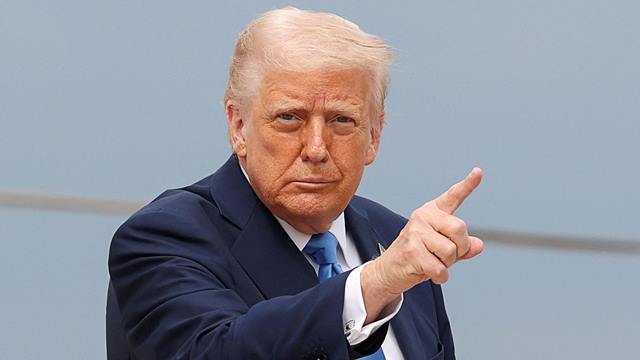Global financial markets experienced significant turmoil following President Donald Trump’s announcement of extensive new tariffs under the “Liberation Day” initiative. The policy introduces a 10% baseline tariff on all imports, with substantially higher rates for specific countries: China faces a 34% tariff, Japan 24%, the European Union 20%, and Vietnam 46%.
Stock Markets Plunge
The announcement led to sharp declines across major stock indices. In the United States, S&P 500 futures dropped over 3%, while the Nasdaq 100 fell more than 4%, and Dow Jones futures declined by over 1,000 points. Asian markets mirrored this downturn, with Japan’s Nikkei 225 falling by over 3%, and significant losses recorded in Hong Kong’s Hang Seng and South Korea’s Kospi.
Currency Fluctuations
The tariffs also triggered notable currency movements. The Indian rupee weakened in the non-deliverable forward market, reflecting concerns over U.S.-India trade relations. Conversely, the Japanese yen strengthened against the U.S. dollar as investors sought safe-haven assets. The Chinese yuan fell to its lowest level in a month, while the U.S. dollar experienced volatile trading, ultimately rising as investors moved towards U.S. assets amid global uncertainty.
Surge in Gold Prices
Amid the market instability, gold prices surged to record highs, nearing $3,160 an ounce, as investors sought refuge in the precious metal. This flight to safety underscores the heightened anxiety among investors regarding the potential for a global trade conflict and its economic ramifications.
Commodities and Oil Prices
The commodities market also felt the impact, with oil prices briefly dipping due to fears that escalating trade tensions could dampen global demand for crude. This decline reflects concerns about a potential slowdown in economic activity stemming from the newly imposed tariffs.
Analyst Perspectives
Analysts warn that these tariffs could fuel inflation by increasing manufacturing costs and consumer prices, potentially leading to stagflation—a combination of stagnant economic growth and rising inflation. Bob Elliott of Unlimited Funds highlighted a negative short-term economic outlook, emphasizing the challenges posed by the administration’s trade policies.
The administration asserts that these measures aim to address unfair trade practices and bolster U.S. manufacturing. However, the immediate market reactions suggest significant investor concern about the broader economic implications and the potential for a protracted global trade conflict.



Comments (0)
No comments yet. Be the first to comment!
Leave a Comment